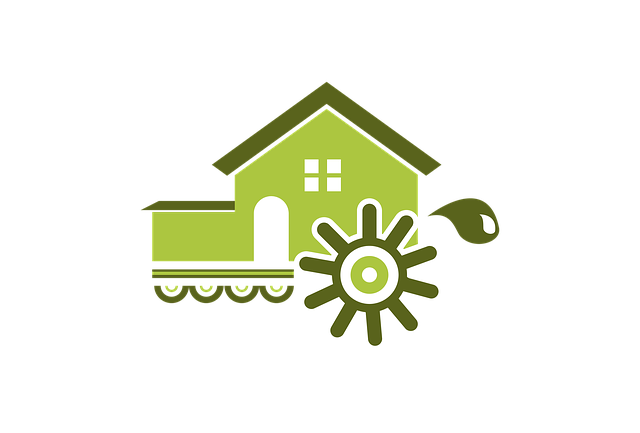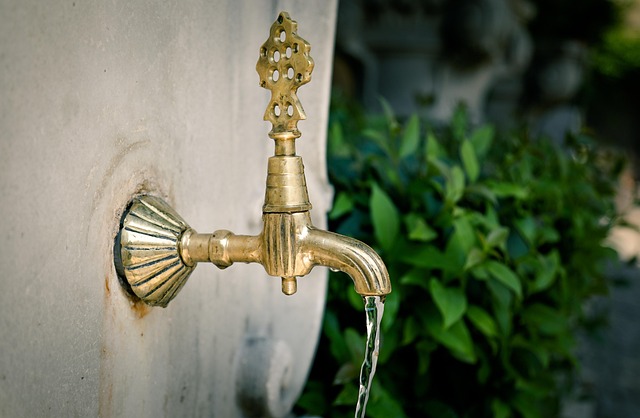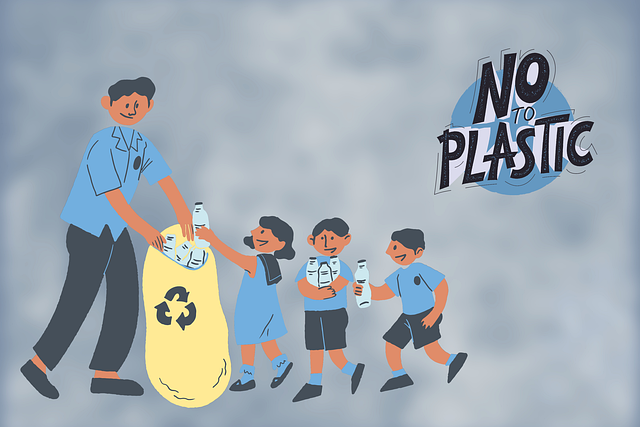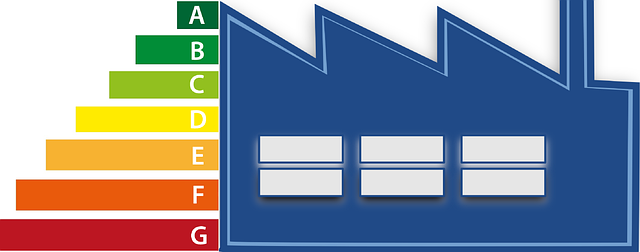Modern water softening and plumbing solutions prioritize sustainability with eco-friendly innovations like low-flow fixtures, tankless heaters, rainwater harvesting systems, and smart monitoring. These advancements cut electricity and water wastage, extend product lifespans through sustainable materials, and promote efficient resource usage. Integrating these technologies in homes reduces utility bills, conserves resources, and aligns with a growing trend of eco-conscious living.
Looking for an eco-friendly way to soften your water? Discover the latest in green plumbing with energy-efficient water softeners. This comprehensive guide explores innovative solutions like smart monitoring systems and tankless heaters, plus sustainable alternatives to traditional methods. Learn how to incorporate low-flow fixtures for maximum water conservation and check out the benefits of rainwater harvesting. Transform your home’s plumbing with these cutting-edge, eco-conscious choices.
- Understanding Energy-Efficient Water Softeners: A Green Plumbing Approach
- Eco-Friendly Alternatives to Traditional Water Softening Methods
- Incorporating Low-Flow Fixtures for Water Conservation and Efficiency
- Tankless Heaters: Revolutionizing Hot Water Supply with Smart Technology
- Sustainable Water Management: Rainwater Harvesting and Monitoring Solutions
Understanding Energy-Efficient Water Softeners: A Green Plumbing Approach

Water softeners have traditionally been associated with high energy consumption due to their large tanks and constant heating cycles. However, there’s a shifting trend towards eco-friendly plumbing solutions that prioritize sustainability without compromising performance. Energy-efficient water softeners are at the forefront of this movement, integrating smart monitoring systems and innovative technologies like tankless heaters. These advancements significantly reduce electricity usage, making them not just environmentally friendly but also cost-effective in the long run.
One notable approach is the integration of low-flow fixtures and rainwater harvesting systems with water softeners. By minimizing water wastage through efficient fixtures, homeowners can further decrease their carbon footprint while ensuring a steady supply of softened water. Moreover, sustainable materials used in modern water softener designs offer longer lifespans, reducing frequent replacements and contributing to a greener lifestyle.
Eco-Friendly Alternatives to Traditional Water Softening Methods

In recent years, there’s been a growing trend towards adopting eco-friendly alternatives to traditional water softening methods. These innovations not only help reduce environmental impact but also offer long-term savings for homeowners. One such approach is implementing low-flow fixtures and appliances throughout your home. By utilizing smart monitoring systems, these devices can minimize water usage by adjusting flow rates based on real-time demand, ensuring efficient softening without excessive wastage.
Another sustainable option gaining traction is rainwater harvesting. Collecting and storing rainwater from your roof can be used for various purposes, including irrigation and toilet flushing, thereby reducing the strain on conventional water sources. Additionally, tankless heaters are emerging as a popular choice among eco-conscious consumers. Unlike traditional storage tanks, these heaters heat water on demand, eliminating energy consumption during idle periods. This not only conserves energy but also promotes the use of sustainable materials in plumbing infrastructure.
Incorporating Low-Flow Fixtures for Water Conservation and Efficiency

Incorporating low-flow fixtures is a strategic move towards water conservation and enhancing overall efficiency in your home’s plumbing system. These eco-friendly plumbing solutions, such as low-flow showerheads and faucets, significantly reduce water usage without compromising performance. By using smart monitoring systems, you can track your water consumption, identify leaks, and optimize your water softener settings, ensuring that every drop is utilized effectively.
Beyond low-flow fixtures, consider tankless heaters for instant hot water, eliminating the energy waste associated with traditional storage tanks. For an even more sustainable approach, rainwater harvesting systems collect and store rainwater for various non-potable uses, from gardening to flushing toilets, reducing your home’s reliance on municipal water supplies. Additionally, choosing plumbing fixtures and appliances made from sustainable materials further contributes to a greener lifestyle, aligning with the growing trend of eco-conscious living.
Tankless Heaters: Revolutionizing Hot Water Supply with Smart Technology

In today’s digital era, smart technology is not just transforming our homes and communication but also revolutionizing the way we use resources, making a significant impact on our eco-friendly plumbing. One such innovation is the adoption of tankless heaters. Unlike traditional water heaters that store hot water in a tank, these heaters provide hot water on demand, eliminating the need for constant heating and energy wastage. This not only reduces utility bills but also contributes to sustainability by minimizing greenhouse gas emissions.
Integrated with low-flow fixtures and rainwater harvesting systems, tankless heaters offer an efficient solution. By utilizing sustainable materials and smart monitoring capabilities, these systems can adjust water temperature based on usage, further enhancing energy conservation. In terms of eco-friendly plumbing, this combination ensures a robust and mindful approach to water usage, aligning with the global push for more sustainable practices.
Sustainable Water Management: Rainwater Harvesting and Monitoring Solutions

In today’s digital era, sustainable water management is no longer a niche concern but a necessity. Eco-friendly plumbing solutions like low-flow fixtures and tankless heaters play a pivotal role in reducing water consumption and energy bills. Integrating these innovations with rainwater harvesting systems offers an even more comprehensive approach to resource conservation. By capturing and utilizing rainwater for non-potable uses, homeowners can significantly decrease their reliance on municipal water supplies.
Moreover, smart monitoring technologies are transforming the way we manage our water usage. These advanced systems allow users to track consumption patterns in real time, enabling them to identify areas where further optimization is possible. In terms of materials, choosing sustainable options for water softeners and plumbing fixtures not only minimizes environmental impact but also ensures long-lasting performance. This holistic approach to water management contributes to a greener lifestyle while promoting the preservation of our planet’s precious resources.
